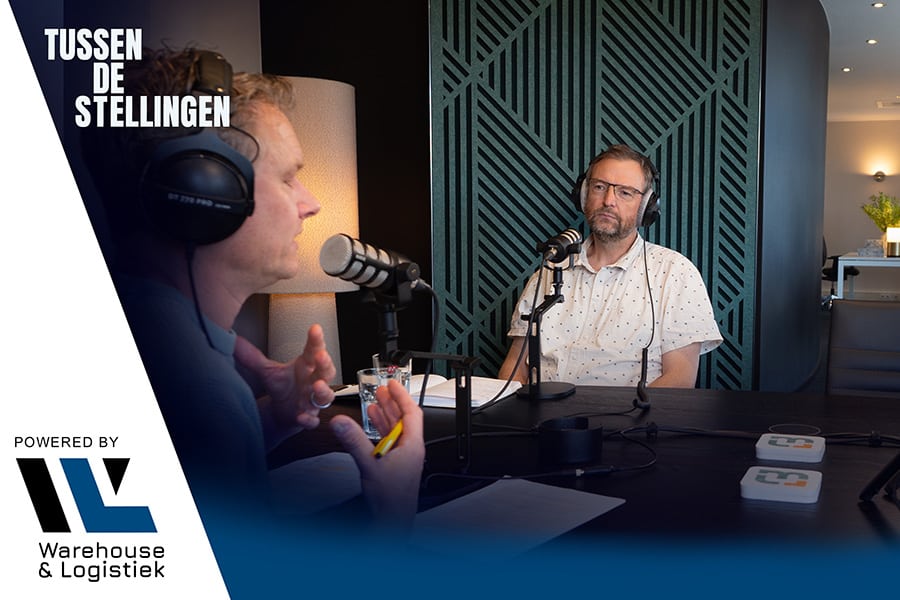
One in three Dutch people order more online during Black Friday and Cyber Monday than in the rest of the year
Charging a return fee can lead to more conscious buying behavior: shoppers think longer (20%) or order only what they really need (19%)
One in three Dutch people (32%) say they order more online during Black Friday and Cyber Monday than during the rest of the year. Charging for the return of products ordered online can help make consumers more aware of their buying behavior: 20% of the Dutch say they think a little longer before ordering products, while 19% only order products they really need. This is according to research by Manhattan Associates among 500 Dutch people regarding their buying behavior and intentions during the period around Black Friday and Cyber Monday.
Buying intentions of Dutch people around Black Friday and Cyber Monday differ
Black Friday and Cyber Monday have now become a tradition in the Netherlands. Every year, most online stores offer products at a fraction of the normal retail price. 32% of the Dutch order more online during Black Friday and Cyber Monday than during the rest of the year. 26% often make multiple purchases during this period. Most people (27%) do research in advance, keep an eye on deals and wait until Black Friday or Cyber Monday to make that purchase. 19% will research on the day to see if they come across a great offer, while 14% will only order something they actually need and 12% may be surprised on the day itself.
Returns put a lot of pressure on retailers
Not all people keep the products they have ordered online. Indeed, the large number of returns of products ordered online has for several years been a considerable challenge for retailers, who incur high costs to re-sell or even destroy the items. Manhattan therefore also surveyed whether Dutch people expect to return products they order during Black Friday or Cyber Monday. Most Dutch people (85%) say they do not assume in advance that they will return anything, although it cannot be ruled out. 6% often order multiple versions of the same product (e.g., in a different color or size) to see which one they like best and return the rest. 9% of the Dutch often order several products only to decide later whether to keep it all or return some of it anyway.
Return costs get Dutch people thinking
To put a stop to the problem of returns, some retailers, such as Wehkamp, have started charging return fees. More than half of the Dutch (54%) find it logical that online stores choose to do so. Retailers have introduced return fees not only to cover costs, but mainly to make consumers more aware of their own buying behavior. Manhattan investigated whether people expect return costs to influence their own buying behavior. 20% of the Dutch say they think a little longer before ordering products, while 19% only order products they really need. 16% indicate that their buying behavior changes only if they find the return costs too high, while 15% look to see if they can order it from a competing online store that does not charge a return cost.
The vast majority of the Dutch are willing to pay return costs
Web stores also need not fear that customers are unwilling to pay return charges. Only 22% are unwilling to do so, while 15% say they will no longer order from the web store. So 78% of the Dutch are willing to pay return costs. Asked for the amount per returned product, most people choose one euro (18%), two euros (16%), 3 euros (15%) or 50 cents (10%).
Physical store as an attractive return point
And how do the Dutch return their products if they can no longer do so by mail for free, but they can in the physical store? 28% still return by mail, unless the return costs are higher than they are willing to pay. Only 8% return by mail, regardless of the extra cost. As many as 45% say they return via the physical store because they prefer not to pay anything extra. The physical store is also popular for other motivations: 12% see returning through the store as an opportunity to buy something new right away, while 7% choose the physical store because they also picked up the product there.
Pieter Van den Broecke, EMEA Leader, Supply Chain Commerce Strategies at Manhattan Associates: "Black Friday and Cyber Monday are rewarding days for retailers to increase their sales. At the same time, the number of returns has been running rampant for years; not only during this period, but throughout the year. The spike in orders may generate higher sales, but it also affects profitability. After all, all returned packages must be processed. By charging a return fee, retailers can help their customers make more conscious choices and thus ease the pressure on their warehouse operations. Our research shows that online stores need not fear losing customers if they start charging return fees. In fact, by drawing more attention to their physical store as a free return point, they can strengthen their customer relationships and boost sales.



